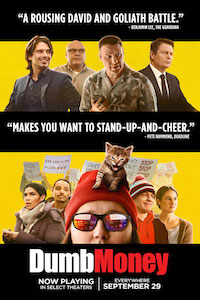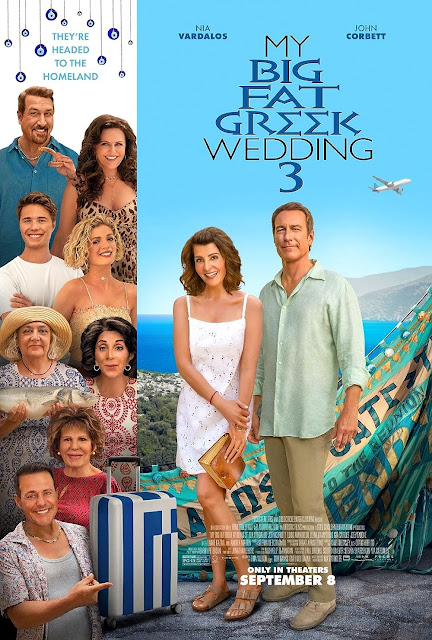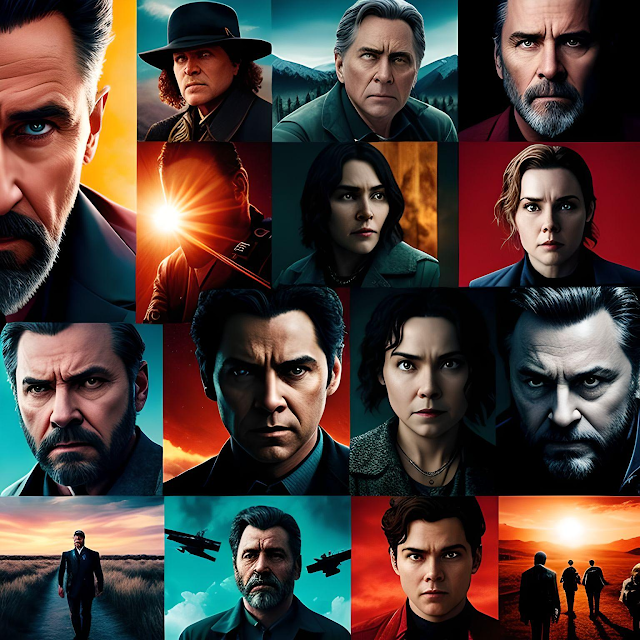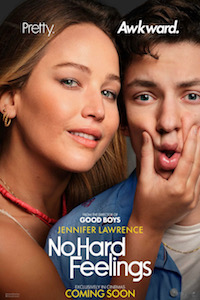The Medium is the Presage
It seems appropriate to be writing this review during a pandemic-induced lockdown. Just as I have seen my personal screen time spike by, conservatively, 50% due to the stay home order, I get to witness "Screened Out," in which filmmaker Jon Hyatt ("Woods") grapples with the reality of the increasing amount of time that specifically his family, but also we as a society, are spending in front of screens.
Most of us can remember the common refrain from our parents that television would rot our brains. Many of them could not have imagined a world where those same televisions would be gathering dust in the corner while we instead carry small screens in our pockets to be used for watching videos, playing, working, or communicating. Because of their diverse purposes it is no wonder we spend so much time on our screens, but Hyatt begins to ask the question that many of us have pondered in quiet moments: is the habit healthy for us, both physically and mentally?
Hyatt's questions on this issue mainly center around his children: will they grow up to be fully engaged members of society? Are he and his wife setting a bad example by living in a state of perma-distraction with their phones? And most importantly, can they, and we, actually become addicted to our phones? Following this line, the filmmaker talks to experts including psychologists, marketing professionals, and pediatricians. Most of this time is spent talking specifically about social media and the negative effects of people creating fictionalized versions of ourselves and then consuming other people's online personas.
The experts Hyatt speaks to are engaging, but they are also the weakest element of "Screened Out." Each is clearly passionate and eloquent, but they tend to present anecdotal evidence in support of their points. "We know that the more time people spend on social media, the more likely they are to have psychological distress, anxiety, and depression," is a good quote, but it cannot stand without evidence if you are going to convince someone of a hypothesis. How do we know this is true? Are there studies, if so how many, and are there other factors involved? Experts should be leaning into hard facts, not thoughts that could come from a concerned parent at a PTA meeting.
Also, the experts that Hyatt engages all agree. No dissenting viewpoints are presented. Dr. Jean Twenge, Ph.D., does list three benefits of children that have grown up with screens: a strong work ethic, being more practical, and being better at keeping yourself safe. But she then quickly notes that most people would say too safe, and she goes on to list the negative effects of significant screen time, which builds upon what everyone else has said.
Hyatt is clearly a skilled filmmaker. His editing throughout is terrific and he makes for a compelling non-fictional lead. However, "Screened Out" feels incomplete. It would be great if we could expect a follow-up piece, or if this were the first installment in a mini-series. But as a standalone work, the film can't decide whether its focus is a personal journey, or an argument for societal change. If potential damage from too much screen time is a subject that worries you and you want to be exposed to interesting questions, "Screened Out" goes at a quick pace and is for you. It does not, however, offer any solid course of action, and will not convince anyone who does not already believe so that there is a problem.
👉👇You May Also Like👇👌
View the original article here












0 comments:
Post a Comment